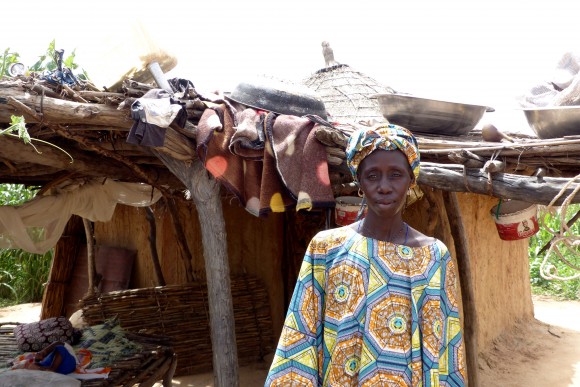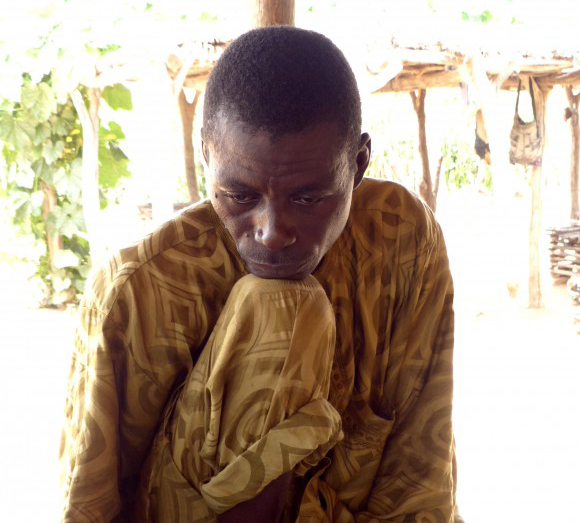From emergency food assistance to food autonomy
From June to September, in case of poor food harvest, food stocks rapidly run out and families lack food during the hunger season. Ousmane and Fatou live in Hodioldou village in Matam region, Senegal. Eating two meals a day is a serious issue for them during these periods.
In July 2016, ACTED teams in Senegal met Ousmane and Fatou, in the context of the implementation of an ECHO project to support vulnerable populations and prevent malnutrition. They tell about the positive changes they experienced thanks to the food distributions and the financial support provided through this project.
Providing solutions to the daily challenge of finding food during the hunger season
The stories of Ousmane and Fatou
50-year-old Fatou, mother of seven and with a blind husband, has to care alone for her family. She used to ask her neighbors for help in order to be able to eat a lunch and a dinner, to get some rice, millet and oil. When she ran out of food, she only had one meal per day, and kept an extra bowl of food for her children to have dinner. What she would like for the future is above all to feed her family and be in good health.

Ousmane is around 40 and divides his days between small business and agricultural activities. He mostly makes a living from millet and maize-growing, livestock and the production of danki, small wooden benches made out of local wood that he learnt to make by himself and that he sells on the market. Ousmane is married and father of eight children. His youngest child is now two years old. Despite his activities, Ousmane struggles to feed his family during the hunger season, as food is scarce.
Accessing diversified food
Food distributions and financial aid provided by ACTED and ECHO in Hodioldou contributed to supporting vulnerable families, such as Fatou and Ousmane. During the hunger season, when food is scarce, cash assistance allows families to buy rice, oil, sugar, coffee, dried fish and cereals. Fatou feels relieved: she no longer needs to go and ask her neighbors for help. Ousmane explains that, thanks to food distributions and financial assistance, he and his family can now eat three meals per day, and have access to diversified food.

Ousmane and Fatou, like many other families, now have enough to eat, and don’t need to worry every day about finding food for their children. Fatou feels less tired, and Ousmane is happy to be able to feed his family without requiring help from his neighbors.
A training to strengthen the food and nutritional autonomy of vulnerable families
The challenge is now to enable these families to become less vulnerable by reinforcing their food and nutritional autonomy. ACTED is currently implementing the Trust Fund Sahel project with support from ECHO, with the aim of strengthening the food and nutritional autonomy of families, particularly during hunger seasons. To this aim, the project intents to improve the capacity of families to produce and maintain their capital from one year to another and therefore reduce their vulnerability, by providing training and subsidies for agricultural inputs to small producers, and by supporting village initiatives for agriculture and nutrition.